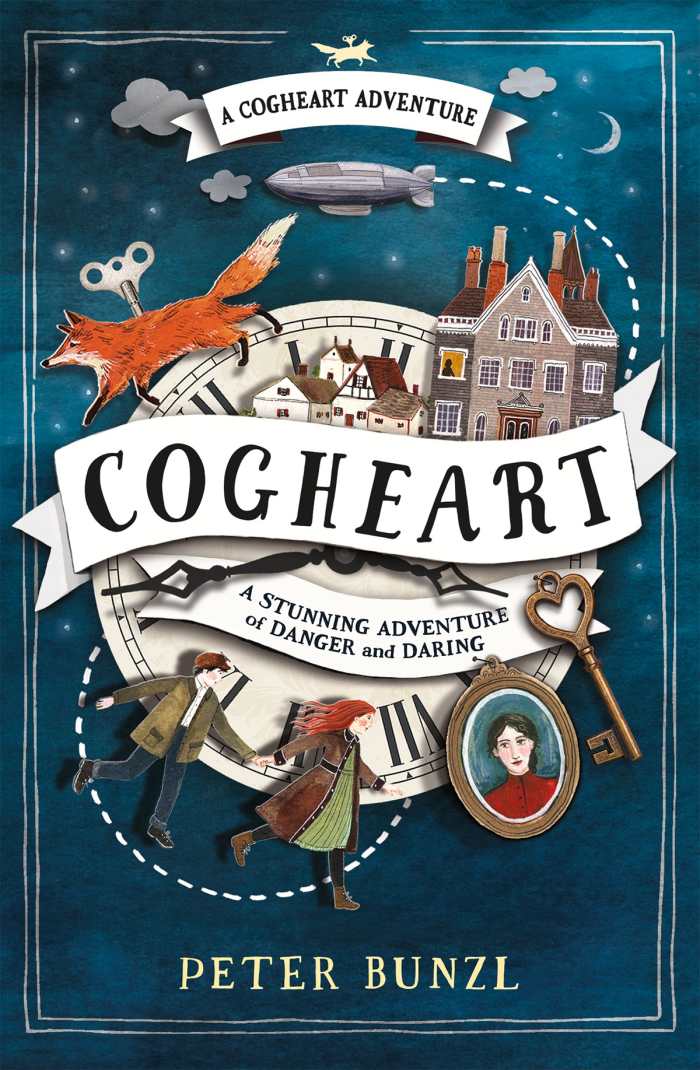Book of the Day Roundup February 11-15, 2019

Lord

João Gilberto Noll
Edgar Garbelotto, translator
Two Lines Press
Softcover $12.95 (120pp)
978-1-931883-79-5
Buy: Local Bookstore (Bookshop)
João Gilberto Noll’s Lord opens with a cryptic quote from Iain Sinclair: “The secret interiors of these post-human fortresses solicit conspiracy, acts of sexual transgression. Illicit exchanges between dealers.” Aging and impoverished, the narrator, an unnamed Brazilian author in decline, roams Heathrow looking for his contact. Although he’s accepted an invitation to work abroad, he’s suspicious of his own irrelevancy and plagued with a desire to reinvent himself. England seems like the catalyst he needs, but in this post-humanist tale, his unified perspective is a mask that’s already slipping.
When all that’s trapped in this unreliable narrator’s head begins to spill out, things swiftly decline. Amidst anxieties about work, nationality, sexuality, the body, and aging, his world becomes increasingly surreal—as does the narrative. As he swings between altered states of pure experience and personal transformation, narrative coherence becomes illusive. It’s replaced with a fluidity that’s composed alternately of visceral hungers, longings, and variable perspectives and identities.
Part of the novel’s challenge is the fact that his actions suggest a man who may or may not be connected to who he once was—or, really, any stable reality. Although his days unfold with increasing delirium, he maintains a continuous internal monologue, observing his every action with intellectual regard. Yet both his portrayal and the accompanying narrative structure seem to question the very nature of personhood, identity, and objectivity as they morph through changing perspectives.
Caught in the mind of a man unmoored, Noll’s novel bears witness to a grotesque second birth. All attempts to renovate, reincarnate, and, ultimately, escape the body’s animal demands only point to greater forces—not only those of fear, arousal, hunger, and health, but self-conception and self-contemplation, too.
LETITIA MONTGOMERY-RODGERS (December 27, 2018)
Tacoma Stories

Richard Wiley
Bellevue Literary Press
Softcover $16.99 (272pp)
978-1-942658-54-2
Buy: Local Bookstore (Bookshop)
The stories in Richard Wiley’s new collection all take place in the same city among characters who share connections. They are creatively mixed and span decades and tones. Tacoma Stories is a compelling whole formed of memorable parts.
More than a dozen of the book’s characters appear in the opening piece, “Your Life Should Have Meaning on the Day You Die.” Their paths cross on St. Patrick’s Day, 1968, in a local bar. The stories that follow jump around in time: the same character might show up as a young man in one piece and near death in another, or as both a troubled child and in a posthumous redemption story. Children or exes become the focus of other stories. The book ends with two characters back at the bar.
The genius of the book is that the relationships between characters and their backstories add depth to each entry, but the individual tales are still strong enough to stand on their own. The excellent “The Women” involves a couple purchasing the former home of serial killer Ted Bundy, with some intriguing results; “The Man Who Looks at the Floor” is a dark comic take on a former foreign service officer becoming paranoid about the intentions of a fellow runner at the gym.
In the poignant “A Goat’s Breath Carol,” a young boy accidentally kills the pet of a girl he likes; “Sacro-gophus” features the same character on trial years later when he is found with a dead woman in a cemetery, though he protests his innocence.
Wiley is effective at building a world out of Tacoma, a place without the obvious touchstones of bigger cities but which his imagination fills with memorable stories and people.
JEFF FLEISCHER (December 27, 2018)
Sixteen

Auguste Corteau
Etruscan Press
Softcover $16.95 (324pp)
978-0-9987508-4-2
Buy: Local Bookstore (Bookshop)
Humming with emotion, Auguste Corteau’s Sixteen plumbs mysteries both sonic and spiritual. It’s a globe-spanning and deeply personal alternate history.
The Soviet Union seems on the verge of collapse in 1953. Mass defections to the West are blamed on Sixteen, the final symphony of the famous composer Rabinovich, who committed suicide shortly after its first public performance. Alexei Mikhailovich Samoilenko, a music composition professor and longtime student of Rabinovich’s, finds himself pressed into espionage on behalf of Khrushchev.
Alexei follows the journey Rabinovich took in preparation for Sixteen‘s composition, which leads him to Switzerland, the Vatican, Poland, and Israel. The external puzzles of the defections, the symphony, and Rabinovich’s murky origins run parallel to Alexei’s own puzzle: himself. Even as he contends with the constant threats of Khrushchev’s minions, he wrestles with suppressed forbidden desire—particularly for Vittorio, a nuncio he first met in Paris, though their mutual attraction was unconsummated. As the conclusion draws nearer, no concrete, empirical answers are provided in regards to Alexei’s original state-sanctioned mission. Questions unfold with mystical awe.
Rabinovich and the potency of music are the threads holding the narrative together. In the face of sublime melody, boundaries of space, time, and societal taboos are transcended, and the novel is not afraid to contemplate religion and the divine in a positive light. Vittorio’s Catholic background is a lovely foil to Alexei’s more atheistic experience within Soviet Russia.
Though the scope is wide and the settings varied, relationships—familial and romantic—are the primary focus. With engaging and often elegant prose, the novel dares to examine the full meaning of love, its relation to music, and how both may affect someone on a fundamental level.
Sixteen is a refreshing exploration of the ties that bind and music’s ability to defy barriers. Between these lines, despite the darkness of inner and outer worlds, holiness is singing.
MEAGAN LOGSDON (December 27, 2018)
Sakepedia
A Non-Traditional Guide to Japan’s Traditional Beverage

Jeff Cioletti
Turner Publishing
Softcover $16.99 (208pp)
978-1-68336-773-4
Buy: Local Bookstore (Bookshop)
It is easy to forget that as recently as twenty-five years ago, America’s drinking habits were anything but crafty and adventurous. We were a Bud country, we liked our cocktails old-school, and the little wine we drank was of the Gallo Hearty Burgundy or sweet German Riesling variety. My, how things have changed.
If you’re an early adopter of the nation’s next cool inebriating beverage, you might just find yourself imbibing ultrapremium sake made from Mikinishiki, an heirloom rice grown in the Okayama prefecture of Japan. You’ll note the elegant balance of tartness and sweetness, sour cherry and citrus flavors, all sheathed in a deceptively rich, even heavy mouthfeel. You’ll ask for another glass.
Stylistically, sake appeals to both wine and beer drinkers, and the keen observers among us will have already noticed an increasing number of sake bars and trendy watering holes featuring a bountiful selection of the fermented rice beverage. Indeed, all the parts are in place for a sake explosion in the US, including the release of Sakepedia: A Non-Traditional Guide to Japan’s Traditional Beverage. A certified sake sommelier, Jeff Cioletti does justice to sake’s long history in Japan before turning to production methods, tasting notes, and the inside-baseball know-how to keep you in the good graces of the artisanal sake crowd.
MATT SUTHERLAND (December 27, 2018)
Cogheart

Peter Bunzl
Jolly Fish Press
Softcover $12.99 (368pp)
978-1-63163-287-7
Buy: Local Bookstore (Bookshop)
In Peter Bunzl’s enthralling middle grade adventure, Cogheart, Lily Hartman’s inventor father is missing, and she sets off to solve the mystery of his disappearance.
The story moves quickly, its complex plot never missing a step. It starts with Professor Hartman’s zeppelin getting attacked. Malkin, a mechanical fox, takes the only escape pod to find Lily and deliver a letter, but he is shot in the process.
A clockmaker’s apprentice, Robert, finds and repairs Malkin, who then convinces him to retrieve Lily. The family housekeeper has trapped her and conspired with the villains, who are searching for one of the professor’s inventions, a perpetual motion machine. Lily flees with Robert, taking a locked box which may contain the device, hoping for clues to finding her father.
The lead characters are appealing. Robert does not want to be a clockmaker, loves zeppelins, and is afraid of heights. Lily is beloved to her adventuring father, but is stuck in a private boarding school. Both long for more than they have; when they join together, their worlds open up. Their friends and family are kind and supportive, while the book’s villains are creepy, even grotesque.
The book’s world building blends the familiar geography of Great Britain into a fantastic imaginary society that runs on steampunk technology. Its descriptions create a striking sense of place and capture the emotional climate, too. The night in which Lily and Robert are forced to flee Robert’s home is described as “ Dark as the Devil’s mouth … the wind was sharp as vinegar.“
The story concludes with a clever twist that still leaves much to explore. Cogheart is delightful and inventive—a captivating adventure for middle-grade readers.
CATHERINE THURESON (December 27, 2018)
Barbara Hodge
